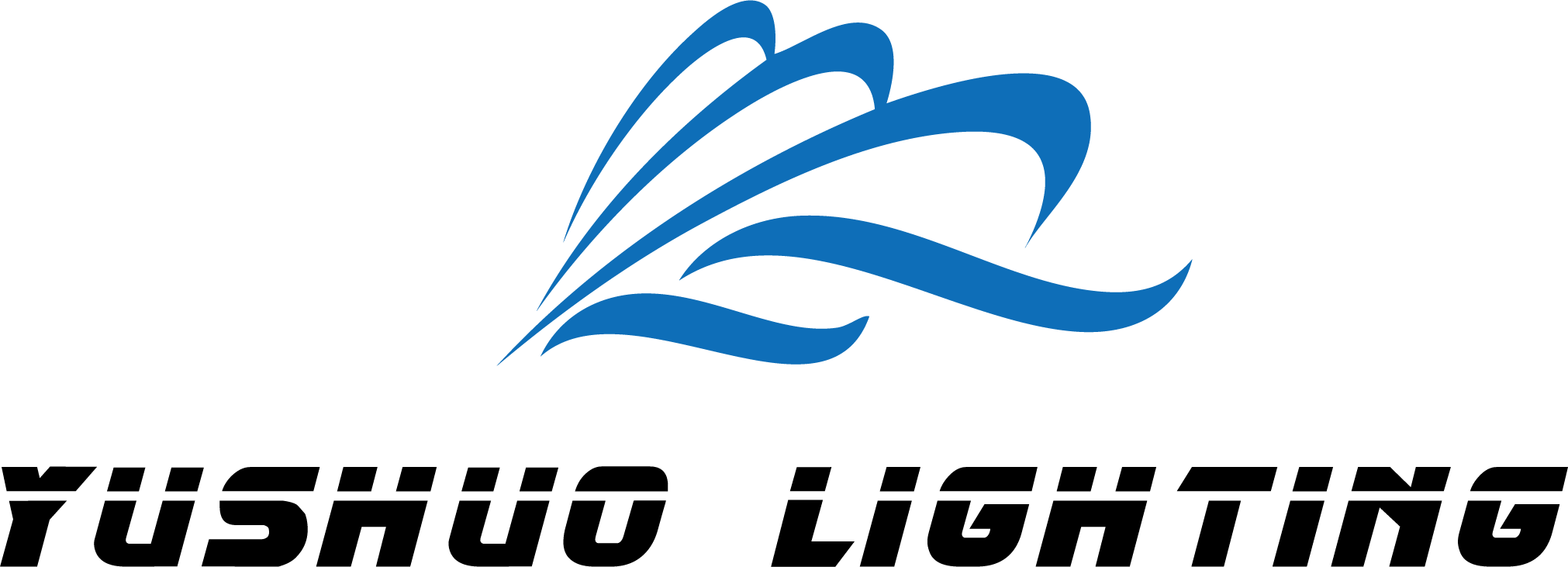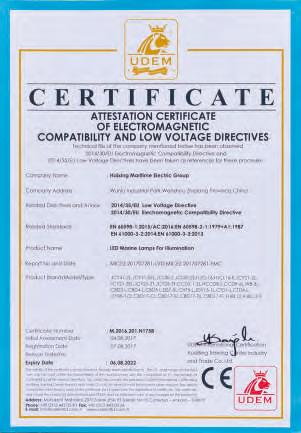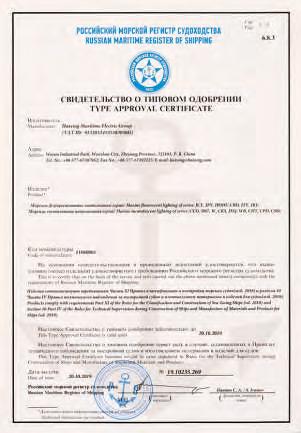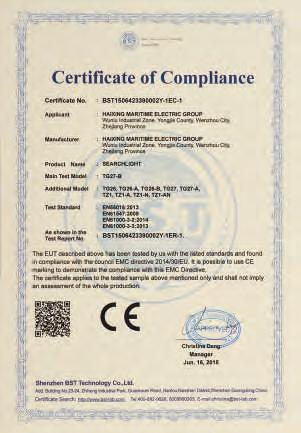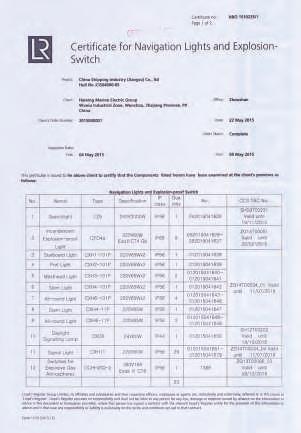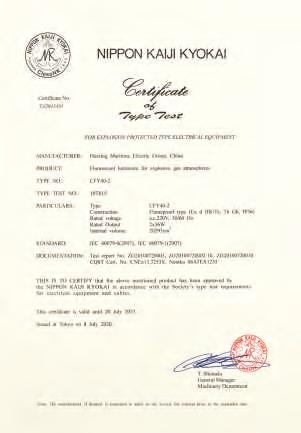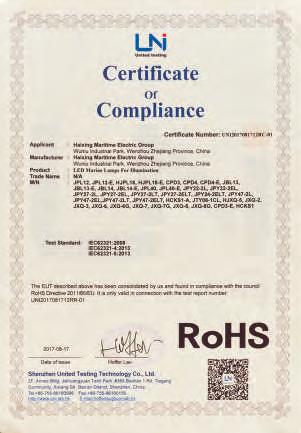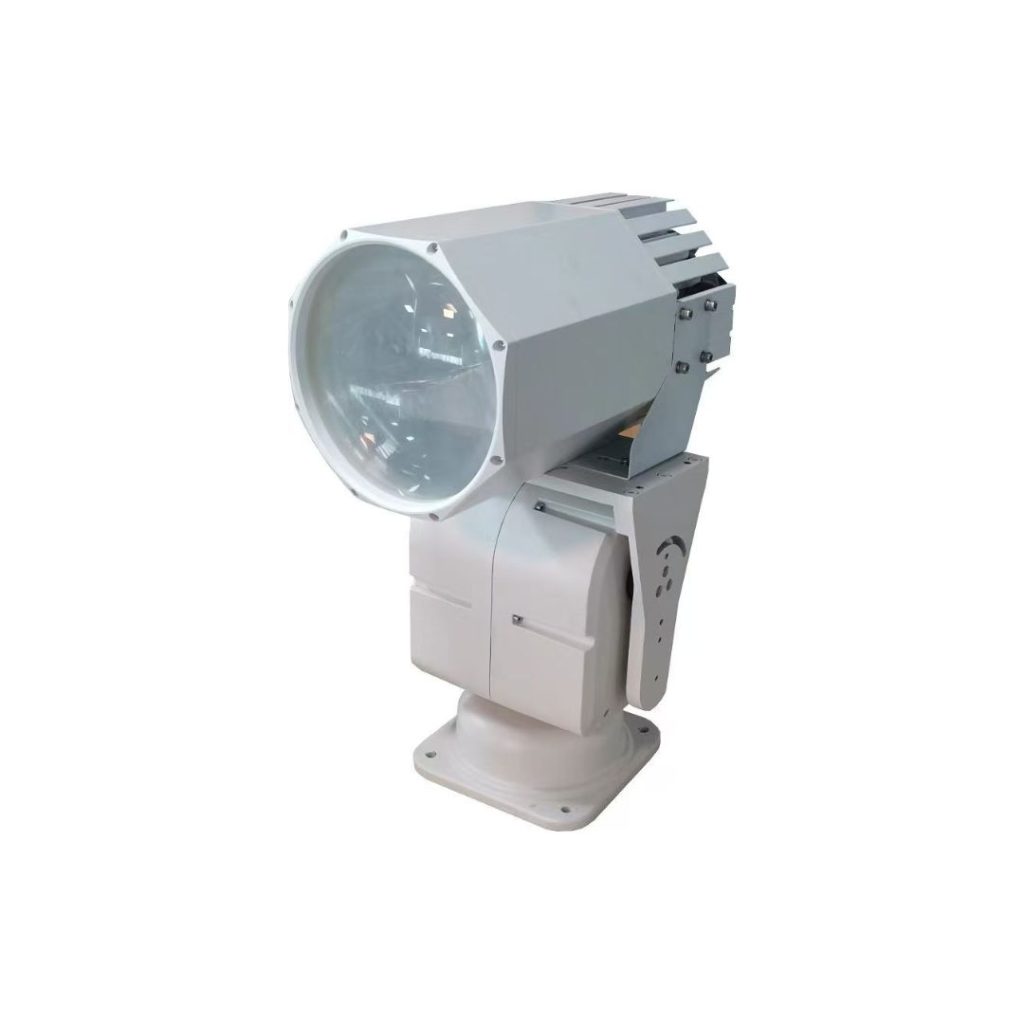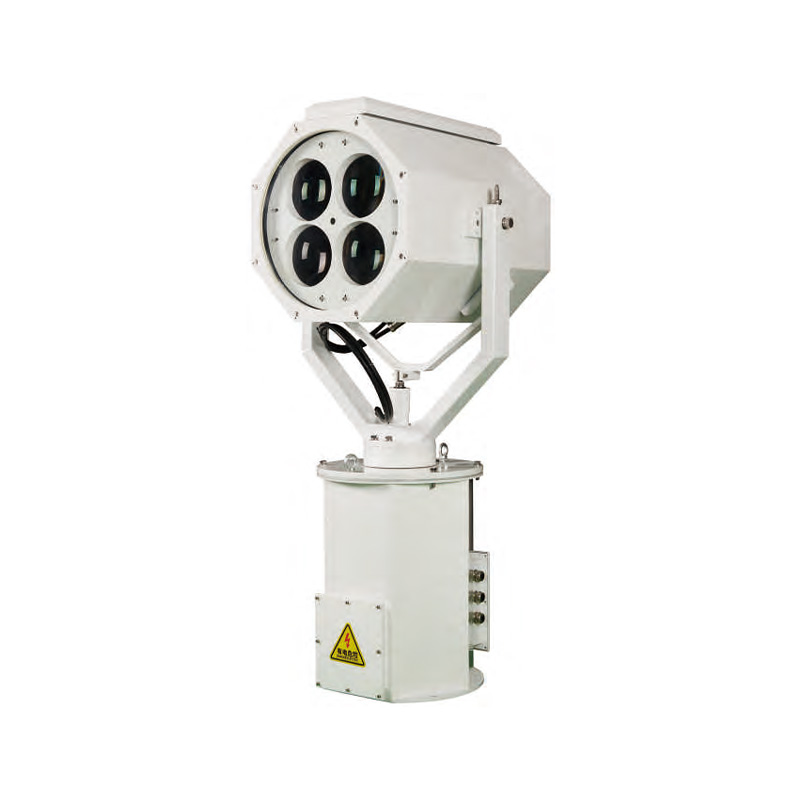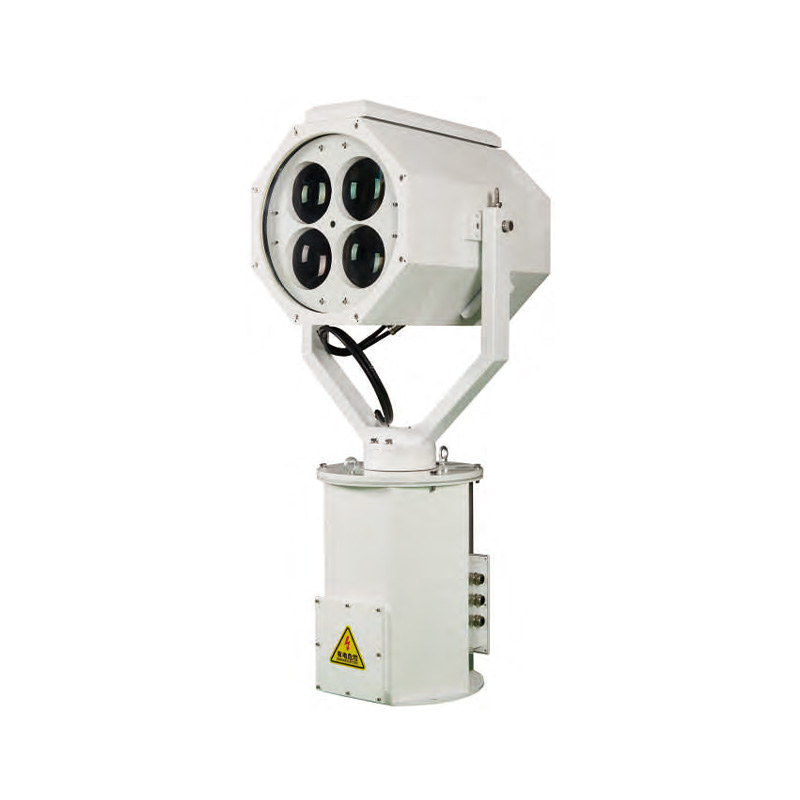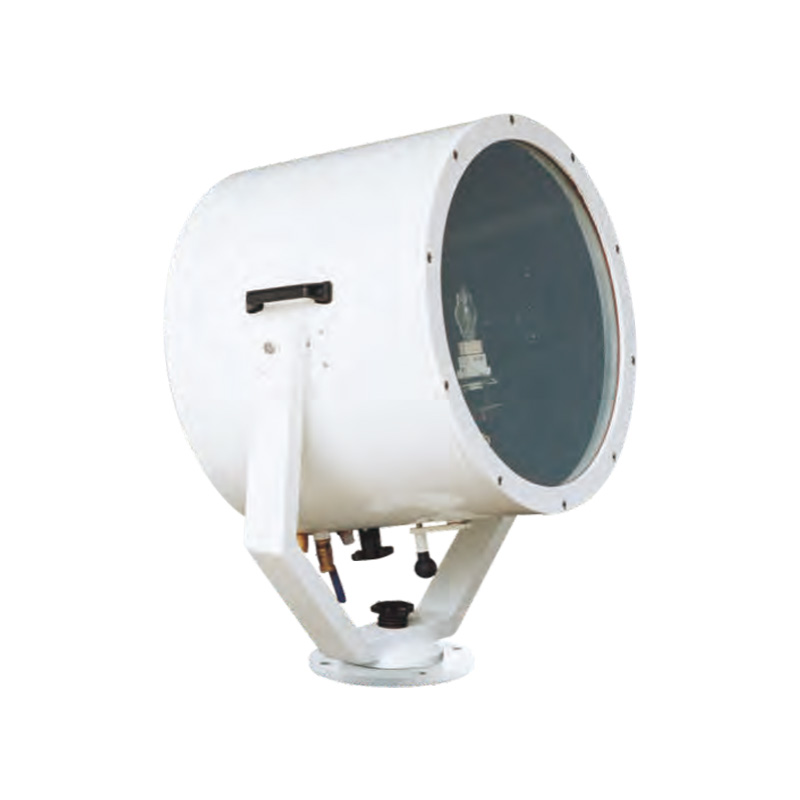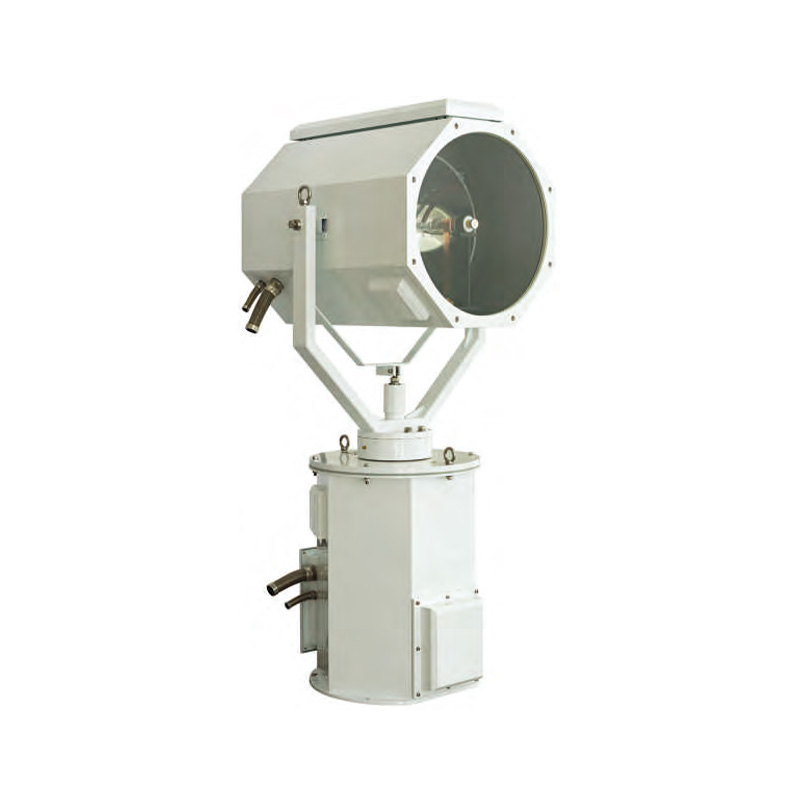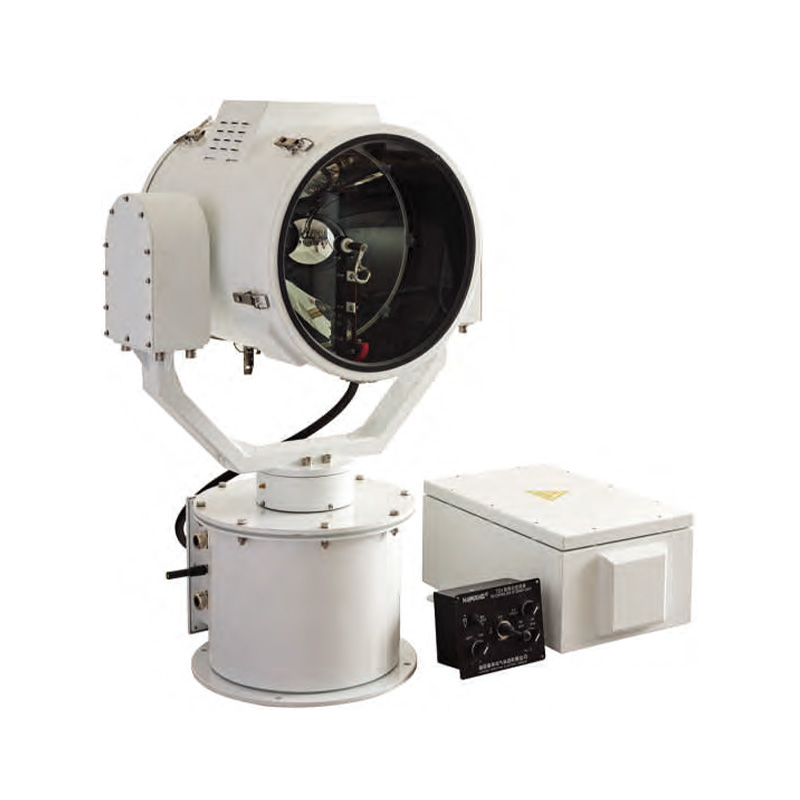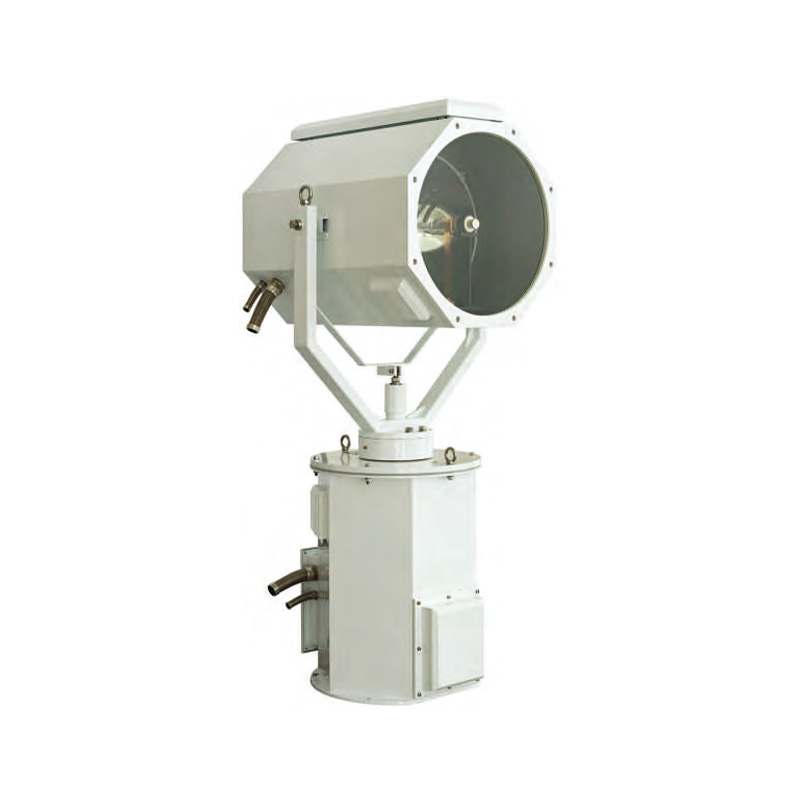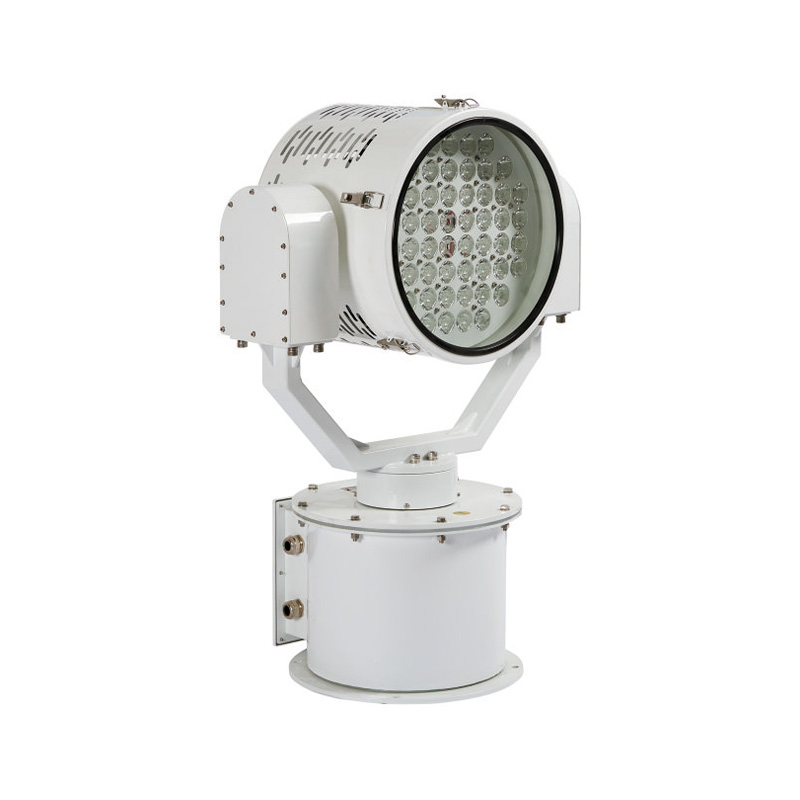How to Efficiently Purchase Marine Searchlights
Table of Contents
Marine searchlights play a vital role in ensuring safe navigation and operational efficiency at sea. However, purchasing the right marine searchlight requires more than just comparing prices. Factors such as long-term costs, supplier qualifications, and maintenance practices must also be considered. This article delves into these areas to help you make an informed decision.
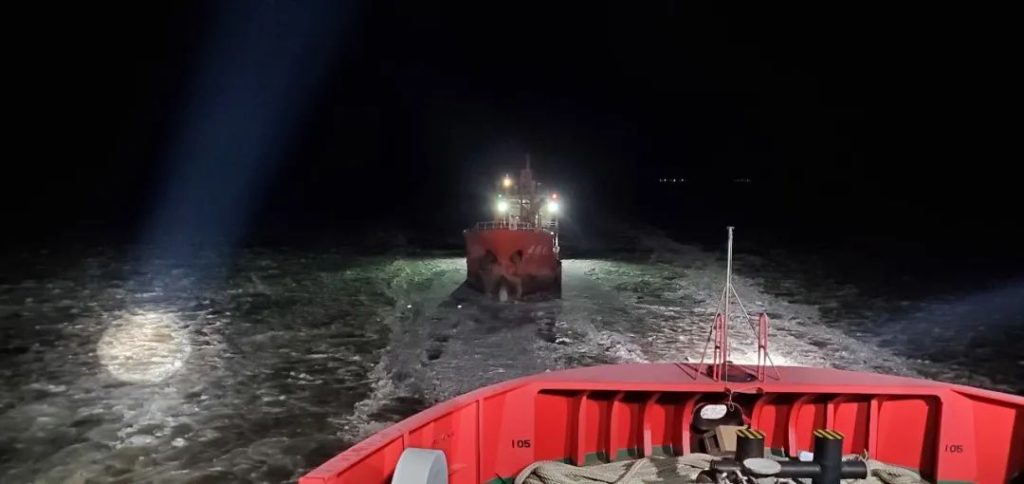
Determine Your Needs Based on The Application Scenario
The first step in choosing a marine searchlight is clarifying its primary application:
- Navigation Lighting: For nighttime navigation, a powerful searchlight with a beam range exceeding 500 meters is essential for clear visibility.
- Work Area Illumination: During cargo operations or rescue missions, a wide and evenly distributed beam (over 120°) significantly enhances efficiency.
- Extreme Environment Adaptability: If the searchlight will be installed in engine rooms or exposed to salt-laden sea air, select models with IP67 or higher resistance to high temperatures and corrosion. Aluminum alloy and stainless steel materials ensure durability in such conditions.
Always align the intended use with the product specifications to avoid over-specification or underperformance.
Comprehensive Consideration from Budget to Long-term Costs
Focusing solely on the upfront cost often overlooks the actual total expenditure. Key considerations include:
- Initial Investment: Traditional halogen lamps are cheaper but have a shorter lifespan (about 2,000 hours). In contrast, LED marine searchlights, though initially more expensive, often last over 50,000 hours, reducing replacement frequency.
- Operational Costs: LED marine searchlights consume about 30% of the energy used by halogen lamps. Assuming 8 hours of daily use, switching to LED can save up to 50% in energy costs over five years.
- Maintenance and Replacement: Premium brands boast lower failure rates and professional after-sales service. For instance, certain LED marine searchlights have an annual failure rate of under 2%, significantly cutting maintenance time and costs.
A well-known freight company initially chose low-cost halogen lamps but faced frequent breakdowns and high energy consumption. These issues resulted in yearly repair and energy costs that were twice the initial purchase price. After switching to LED marine searchlights, the company saved 20% on total costs within three years.
Fully Understand Key Performance Indicators
Selecting the right marine searchlight requires a meticulous evaluation of technical parameters. Each metric significantly impacts the searchlight’s performance and durability. Here’s a comprehensive breakdown of the key performance metrics to help you make an informed choice:
Brightness and Beam
Brightness is a critical factor in determining the effectiveness of a searchlight, with lumens (lm) being the standard unit of measurement.
- Lumen Range: Typical LED searchlights have lumen values ranging from 2,000 to 10,000lm, tailored to various needs:
- Lower Lumens (2,000-5,000lm): Suitable for small vessels or indoor auxiliary lighting, offering soft and even illumination.
- Higher Lumens (5,000lm and above): Ideal for long-distance lighting, such as nighttime navigation or illuminating large work areas.
- Beam Angle: A wide beam (e.g., 120° or more) covers broader work areas, while a narrow beam focuses on distant targets.
- Dimming Functionality: Opt for lights with adjustable brightness to seamlessly adapt to different scenarios, from energy-saving to high-performance lighting.
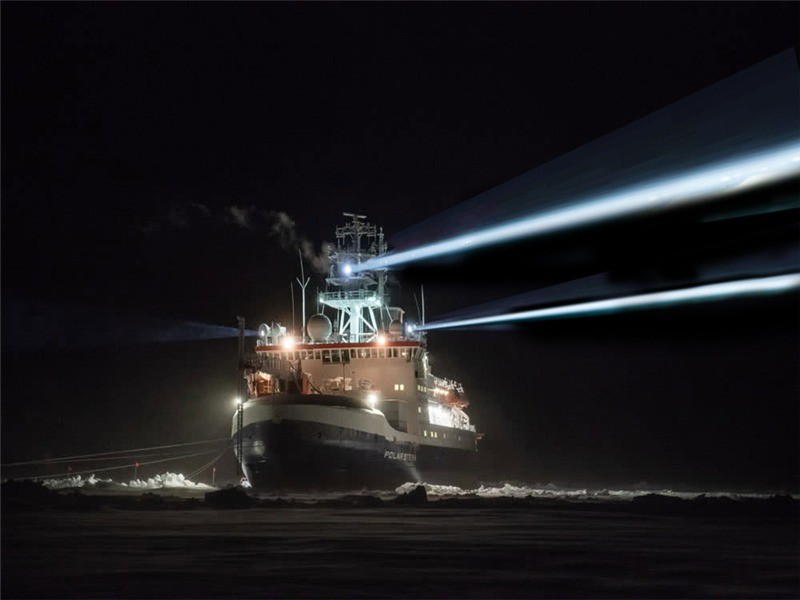
Ingress Protection (IP Rating)
The IP rating indicates the searchlight’s resistance to environmental factors, crucial in maritime settings:
- IP67: Fully dustproof and capable of operating underwater for short periods, making it suitable for most marine applications.
- IP68: Offers higher water resistance, ideal for prolonged exposure to moisture or frequent water contact.
- Impact Resistance: Some lights also feature IK ratings (impact resistance), such as IK10, which withstands up to 20 joules of impact, perfect for vibration-prone marine environments.
Tip: Verify the IP rating matches the specific environmental conditions of the vessel, particularly for high-humidity or saltwater-exposed areas.
Materials and Design
The materials used in the searchlight determine its durability and lifespan.
Corrosion-Resistant Materials
- Aluminum Alloy: Lightweight with excellent heat dissipation, suitable for standard use.
- 316L Stainless Steel: Superior corrosion resistance, especially effective in high-salinity and high-humidity ocean environments.
Heat Dissipation Design
Efficient heat dissipation (e.g., honeycomb casings or integrated heat sinks) extends the lifespan of LED chips and prevents brightness degradation caused by overheating.
Electrical Performance
The electrical properties of a searchlight ensure its safety and reliability:
- Voltage Range: Maritime electrical systems can vary; select lights that support wide voltage inputs (e.g., 12V-24V DC or 90V-265V AC) to maintain stable operation.
- Power Factor (PF): A higher PF (above 0.9) indicates better energy efficiency and reduced power loss.
- Electromagnetic Interference Protection: High-quality lights include built-in EMI protection to avoid interference with other onboard electronic systems.
Optical System and Color Temperature
The optical system influences the beam’s efficiency, while color temperature affects the visual experience:
- Optical Lenses: High-transmittance lenses enhance light output and minimize loss.
- Color Temperature Options:
- Warm White (2,700K-4,000K): Suitable for creating a comfortable atmosphere in cabins.
- Cool White (5,000K-6,500K): Provides clear, sharp lighting for navigation or work zones.
Lifespan and Stability
While LED lights typically have a rated lifespan of over 50,000 hours, actual longevity depends on usage conditions:
- Light Decay Control: High-quality LED lights exhibit minimal light decay (<10%) over time, maintaining consistent brightness.
- Driver Stability: The reliability of the driver is crucial; choose products certified for durability and performance.
By carefully considering these performance metrics, users can select cost-effective and durable marine searchlights, ensuring optimal functionality even in the harshest environments.
Choosing a Trusted Partner
When purchasing marine searchlights, partnering with a reliable supplier or brand is as important as evaluating the product itself. A trusted partner ensures not only high-quality products but also long-term support and value-added services. Here’s how to identify and select the right partner:
Certifications and Standards Compliance
Certifications are a strong indicator of a product’s quality and adherence to international standards:
- Marine-Specific Certifications: Look for compliance with regulations like the International Maritime Organization (IMO) and the Safety of Life at Sea (SOLAS) Convention.
- Electrical and Environmental Standards: Certifications such as CE, RoHS, and ISO9001 ensure that the product meets safety, environmental, and quality management criteria.
- Supplier Case Study: Yushuo Lighting offers products certified by multiple global organizations, including its ISO9001 Quality Management Certification, which demonstrates rigorous quality assurance.
Proven Industry Experience
Experience matters in complex marine environments:
- Established Reputation: A supplier with years of expertise in marine lighting can better understand and address industry-specific needs.
- Project Portfolios: Reviewing past projects, such as installations on vessels or partnerships with shipyards, helps assess a company’s capability.
- Innovation and R&D: Suppliers who continuously innovate and update their product lines are more likely to offer cutting-edge technology tailored to your requirements.
Comprehensive Product Range
A reliable supplier offers a variety of products to meet diverse needs:
- Custom Solutions: Trusted brands can customize marine searchlights for specific applications, such as unique beam angles, voltage requirements, or materials.
- Complementary Products: Suppliers with a full range of marine lighting (e.g., cabin lights, deck lights, wall lights) simplify procurement and ensure compatibility.
Technical Support and After-Sales Service
Strong technical support and responsive after-sales service can make a significant difference:
- Installation Guidance: A trusted supplier provides detailed installation manuals and technical advice tailored to the unique conditions of your vessel.
- Spare Parts Availability: A reliable brand ensures the availability of replacement parts, reducing downtime in case of failure.
- Global Service Network: Yushuo Lighting, for example, has established technical support teams in multiple countries, ensuring fast responses to customer inquiries.
Transparent Business Practices
Transparency builds trust and helps establish a long-term relationship:
- Clear Specifications: The supplier should provide detailed, accurate product data sheets and testing reports.
- Fair Pricing: Trusted partners offer competitive pricing without hidden costs, ensuring you understand the total cost of ownership.
- Warranty and Guarantees: Reliable suppliers back their products with clear warranties, offering peace of mind for your investment.
Customer Feedback and Reviews
Customer testimonials and independent reviews provide insight into a supplier’s reliability:
- Case Studies: Many reputable suppliers showcase case studies or customer success stories on their websites.
- Independent Ratings: Check online reviews or industry forums for additional feedback.
- Example: Yushuo Lighting’s customers frequently highlight its commitment to quality, durability, and exceptional customer service.
By choosing a trustworthy partner like Yushuo Lighting, you ensure that your marine searchlights meet the highest standards of performance and durability, backed by expert support and long-term reliability. This partnership is a crucial step in safeguarding your vessel’s lighting needs in demanding maritime environments.
The Key to Extending The Life of Marine Searchlights Is Routine Maintenance
Even the best marine searchlights require careful maintenance to sustain peak performance.
- Regular Inspections and Testing: Schedule periodic checks and tests for physical damage, ensure all lights function properly, and confirm illumination levels meet standard requirements.
- Cleaning and Upkeep: Salt deposits and dust can corrode metal parts and reduce light output. Regular cleaning to remove these contaminants is crucial. Also, ensure seals and gaskets remain intact to prevent water ingress.
- Waterproofing and Anti-Corrosion: Since marine lighting equipment is exposed to moisture and salt, waterproofing and anti-corrosion features are vital. Maintenance should include checking waterproof seals and applying corrosion prevention measures as needed.
Timely Component Replacement: Parts such as bulbs, wiring, and lenses may wear out over time. Regular maintenance helps identify and replace these components before failures occur.
Efficiently purchasing marine searchlights requires a comprehensive evaluation of budget, performance, maintenance, and supplier reliability. By identifying your needs, carefully reviewing key specifications, and choosing a reputable brand like Yushuo Lighting, you can find a cost-effective and high-quality solution.
For further assistance or inquiries about marine searchlights, visit Yushuo Lighting. Their professional team is ready to provide full support for your needs!
